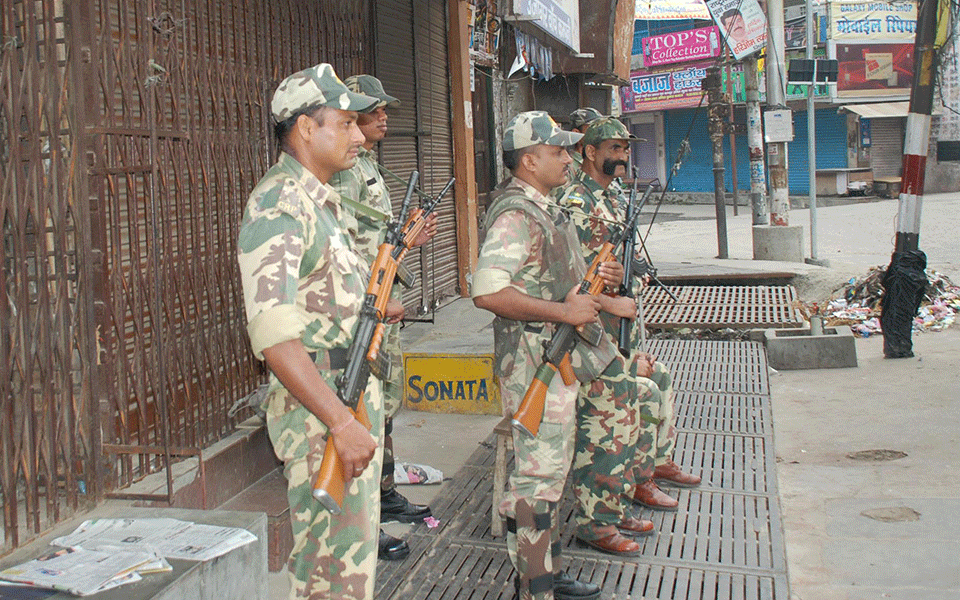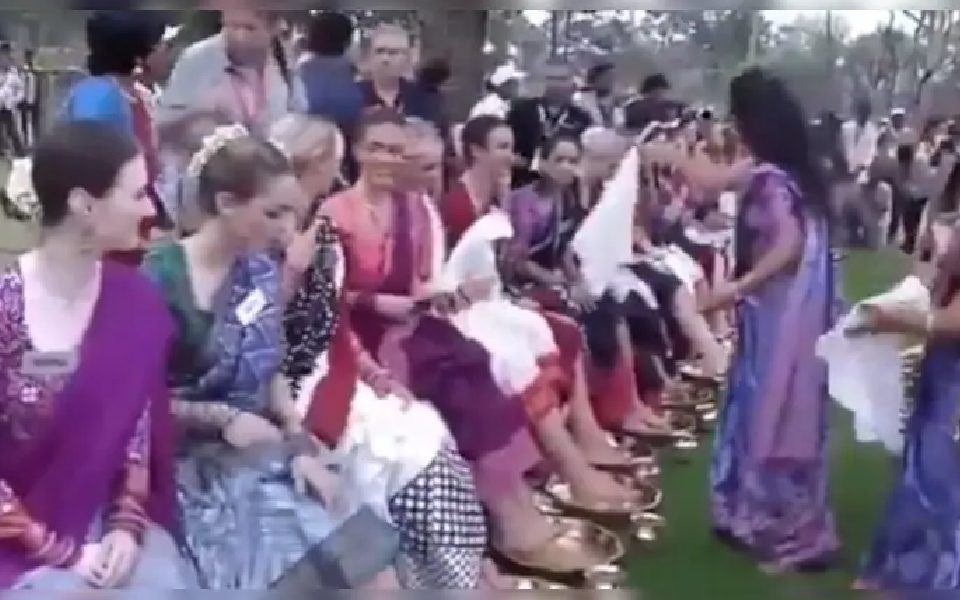New Delhi, Sep 8 : Amnesty International on Saturday castigated the Adityanath government in Uttar Pradesh for doing little to ensure justice and rehabilitation for the survivors of the 2013 Muzaffarnagar communal violence.
On the fifth anniversary of the deadly riots in Muzaffarnagar district that claimed at least 60 lives and displaced over 50,000 people, the Amnesty International India blamed the state government's apathy for seven gang-rape survivors still awaiting justice and the displaced continuing to look for rehabilitation.
"The Uttar Pradesh government has forgotten the riot survivors of Muzaffarnagar and Shamli. The state has done very little to redress the injustice they have faced. The government's attempt at rehabilitation and compensation has been woefully inadequate", said Asmita Basu, Programmes Director, Amnesty International India.
She said justice remained elusive for the seven gangrape survivors who have received little assistance from authorities to rebuild their lives and livelihoods.
"There has not been even one conviction in any of the seven cases so far. In 2016, one of the survivors died during childbirth," she said.
Quoting one of the survivors, a mother of five, Amnesty International India said the victims have lost all hope of getting justice and are now hoping for survival of their families.
"Their rapists are out in the open for years now. Women are scared to pursue their cases and they cannot be blamed for this. There are media reports of compromises being made and of money being offered and accepted by many of the seven families. We need to understand the realities in which these women have survived all these years. They are scared and have lost all faith in the system," said Rehana Adeeb, an activist working with the survivors.
THe rights body said an overwhelming majority of families in resettlement colonies lack access to basic services like clean drinking water and drainage facilities.
"The Uttar Pradesh government's callous treatment of Muzaffarnagar and Shamli riot survivors is a breach of its commitment to uphold basic constitutional values. The riot survivors have been forced to live in a vicious cycle of poverty and discrimination. The Uttar Pradesh Chief Minister must ensure that the voices of the survivors are heard immediately and justice is delayed no further", added Basu.
Let the Truth be known. If you read VB and like VB, please be a VB Supporter and Help us deliver the Truth to one and all.
Bengaluru: The Azim Premji Foundation has announced the Azim Premji Scholarship for the academic year 2025–26, aimed at supporting up to 2.5 lakh girls across 18 Indian states who are pursuing higher education after completing school. An official release from the foundation also stated that in the coming years the scholarship will be implemented across the country.
When to Apply:
According to a release from the foundation, the application process for the Azim Premji Scholarship 2025–26 will commence in September 2025. “Details of the program and any changes in the program design or coverage will be notified at the start of the application process,” the release added.
Where to Apply:
According to the release, the scholarship this year will be implemented across 18 states, namely Arunachal Pradesh, Assam, Bihar, Chhattisgarh, Jharkhand, Karnataka, Madhya Pradesh, Manipur, Meghalaya, Mizoram, Nagaland, Odisha, Rajasthan, Sikkim, Telangana, Tripura, Uttar Pradesh, and Uttarakhand. Students residing in these states and enrolled in recognised higher education institutions will be eligible to apply.
How to Apply:
-
Girls who have completed their Class 10 and 12 education in government (public) schools and have secured admission in a bona fide higher education institution either a government-run college/university or select private institutions can apply for the scholarship.
-
Once the application portal opens in September, students will be required to submit personal details, educational qualifications, proof of admission, and bank account information.
-
The scholarship amount ₹30,000 per year will be transferred directly into the students' bank accounts in two instalments each academic year, read the release.





